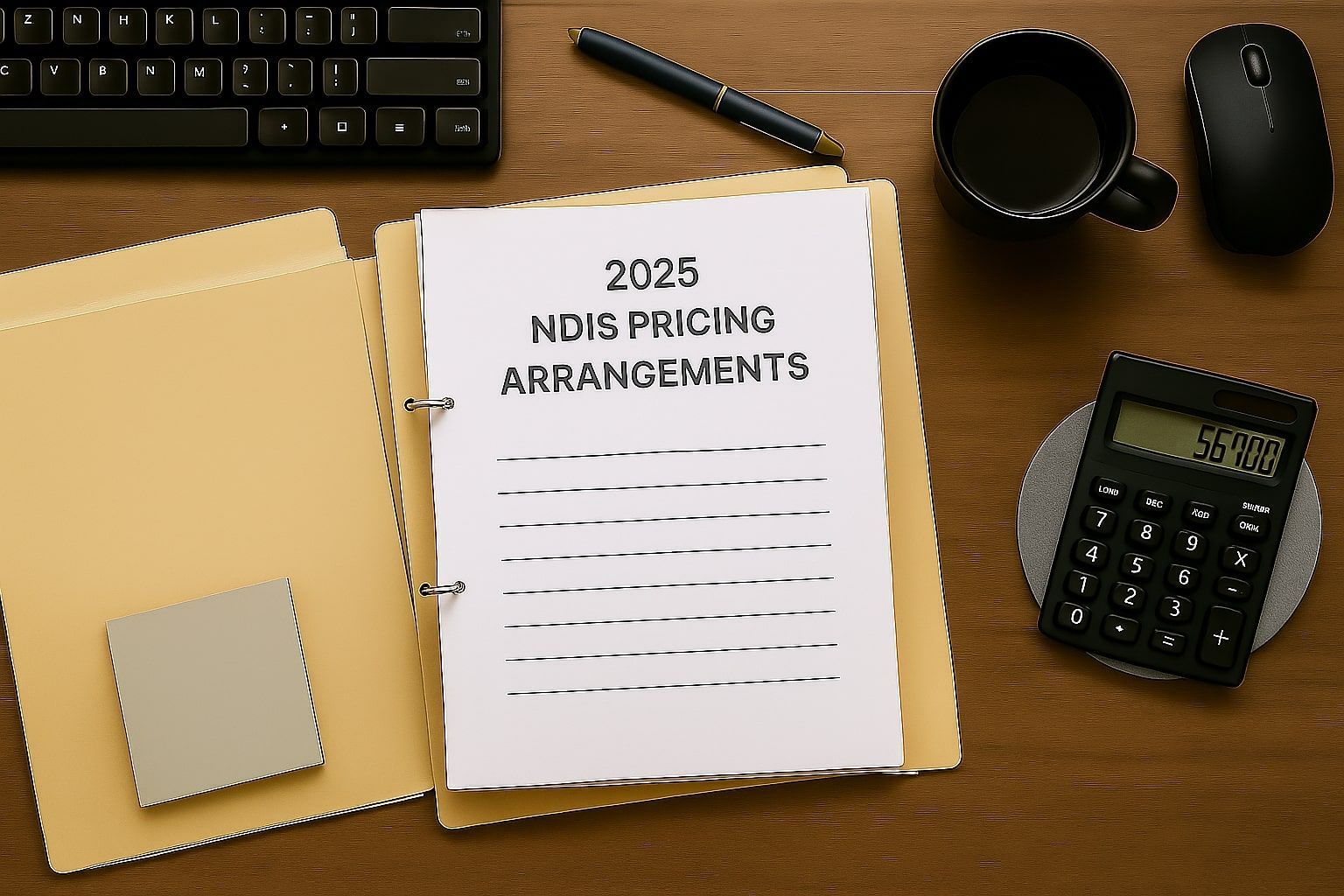Understanding SDA Properties and Property Management
SDA properties cater to individuals with disabilities who require specialised accommodation to meet their unique needs. These properties are managed by registered SDA service providers under the National Disability Insurance Scheme (NDIS). It is crucial to adhere to strict practices when working with people in the disability sector, and only an authorised SDA provider can effectively manage your property.
The primary objective of leasing SDA properties directly to participants is to ensure that Supported Independent Living (SIL) and other service providers can focus on delivering high-quality care services without the burden of leasing or property management responsibilities. By engaging a registered SDA provider, you entrust the property's management to experts with the necessary knowledge and experience in catering to the specific needs of individuals with disabilities.
Read Also: SDA Investment 2025: Updates of Lending Rules and Market Trends
The Difference Between Leasing an NDIS/SDA Property From Non-NDIS Homes
In the case of non-NDIS homes, the process of leasing your property involves working with a local real estate agent. The agent's role is to assist you in finding a suitable tenant who meets your criteria and requirements. Once a tenant is identified, you will enter into a lease management agreement with the agent. This agreement empowers the agent to search for tenants on your behalf and subsequently sign a lease agreement with the chosen tenant.
Leasing an NDIS/SDA property follows a slightly different approach. Instead of involving a local real estate agent, a registered SDA provider will hold a Head Lease for the property. The Head Lease grants them the authority to sublet the property to eligible SDA-approved participants, who will become the tenants.
By engaging a registered SDA provider, you ensure that the property remains in compliance with the relevant regulations and guidelines. These providers have a deep understanding of the SDA framework and can effectively manage the tenancy process, ensuring that the property is allocated to suitable participants and that all necessary paperwork is completed accurately.
Tenant Bonds for NDIS/SDA Properties
When it comes to tenant bonds for NDIS/SDA properties, the regulations may vary depending on the specific location. Let's take the example of Queensland, where as of now, a bond is payable for letting an NDIS/SDA property. However, it's important to note that Queensland has not yet incorporated specific legislation regarding SDA with the Residential Tenancies Authority (RTA).
Read Also: SDA Market Shifts! The Move Towards Apartments and The Rise of New Investor Strategies.
In the case of multiple tenants in an SDA property, the existing practice involves handling each tenant under a rooming accommodations agreement. This arrangement allows for separate charges per room, rather than a single lease arrangement. The bond fee for each participant per room is equivalent to four weeks' rent, based on the participant's contribution amount, excluding the NDIS payment.
Conclusion
Managing Specialist Disability Accommodation (SDA) properties isn't just about real estate; it's a highly specialized field. These homes, designed with the specific needs of individuals with disabilities in mind, demand the expertise of registered NDIS SDA service providers. This specialized approach, including how we utilize Head Leases, is what allows us to ensure strict compliance and free up care service providers to focus on their vital role. Ultimately, our goal is to guarantee that NDIS participants have access to appropriate, well-managed, and dignified living arrangements
Are you interested in learning more about investing in SIL homes? Or maybe you have questions about how it all works? Reach out to NDIS Property Australia today. Our team of experts is here to guide you through every step of your investment journey, helping you make informed decisions that benefit both your financial goals and the community.




